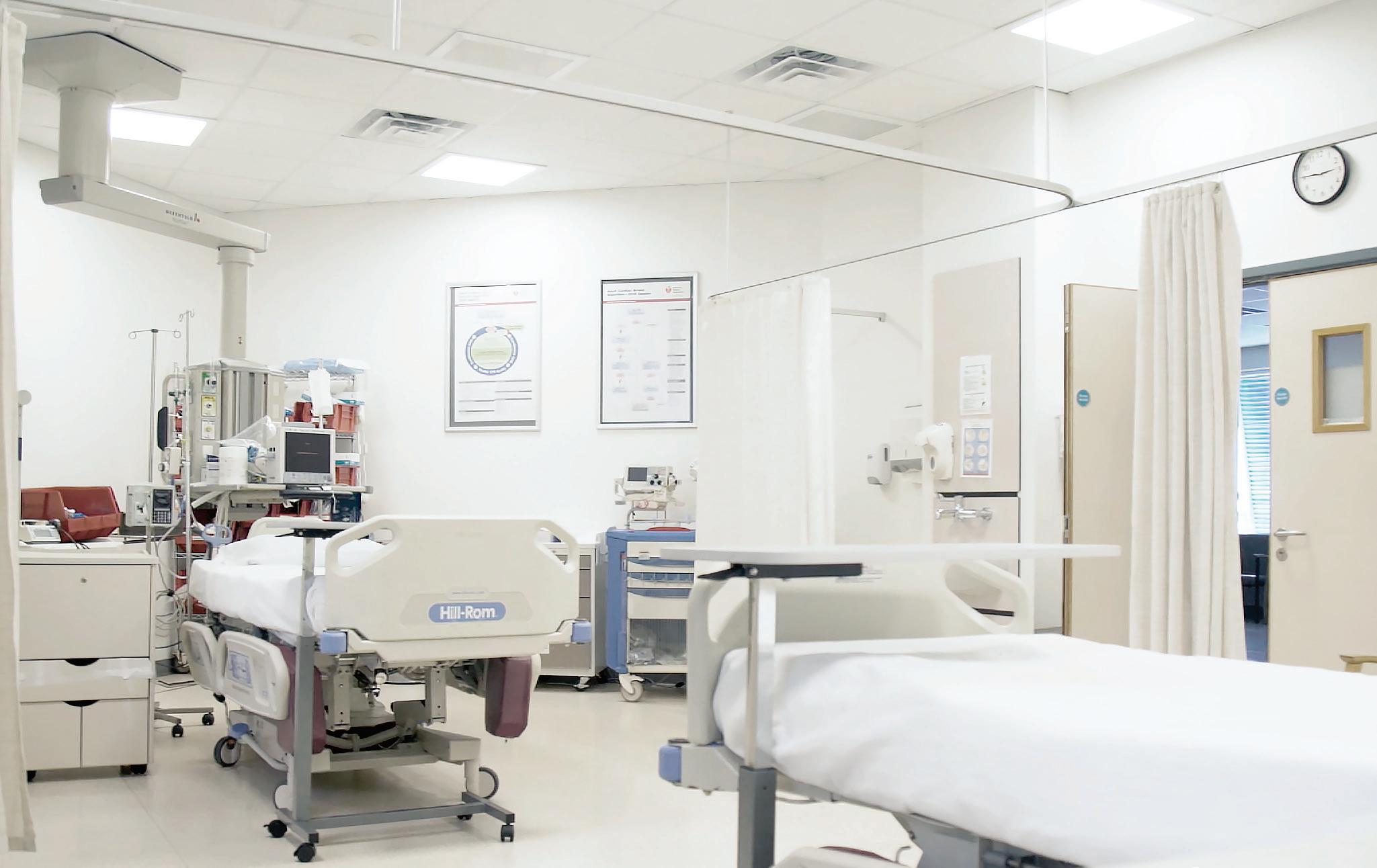SAFE INJECTION PRACTICES An oral medication is always safer than an injectable. However, while in hospital injectable medications are given and when appropriate the doctor will switch you to an oral preparation, which is just as effective. If you are on injectable medications you can ask your doctors about oral alternatives.
PREVENTING FALLS Good communication among patients, visitors and nursing staff is key to preventing falls. Visitors can help prevent falls by staying alert to the needs and capabilities of the person they are visiting and notifying a nurse with any concerns. Hospital patients are more at risk of falls because they may be weak and unsteady due to illness or medical procedures, their medications might make them dizzy, or they have been lying or sitting down for too long. Patients at risk for falls will be identified by green armbands; on the Inpatient Unit green triangles will be placed on the door of the patient’s room and above the bed. In the Surgical Suite, patients who are at risk of a fall will be identified by non-skid green socks. Please help us keep you safe by following these guidelines during your stay: • Keep often- used items (e.g. call bell, tissues, cell phone, glasses) within easy reach; • Do not walk in bare feet: wear non- skid socks or slippers; • Make sure your robe or pyjamas do not drag or the floor as this may cause you to trip; • Ask your nurse to help you walk when you are attached to intravenous lines and or have drains or other bags attached; • Do not get out of the bed on your own if you are unsteady at all or following an operation. Hospital beds are often higher and narrower than your bed at home. Please call the nurse so they can safely assist you; • If you use a wheelchair, please check that the breaks are on before you get in or out of it.
22












